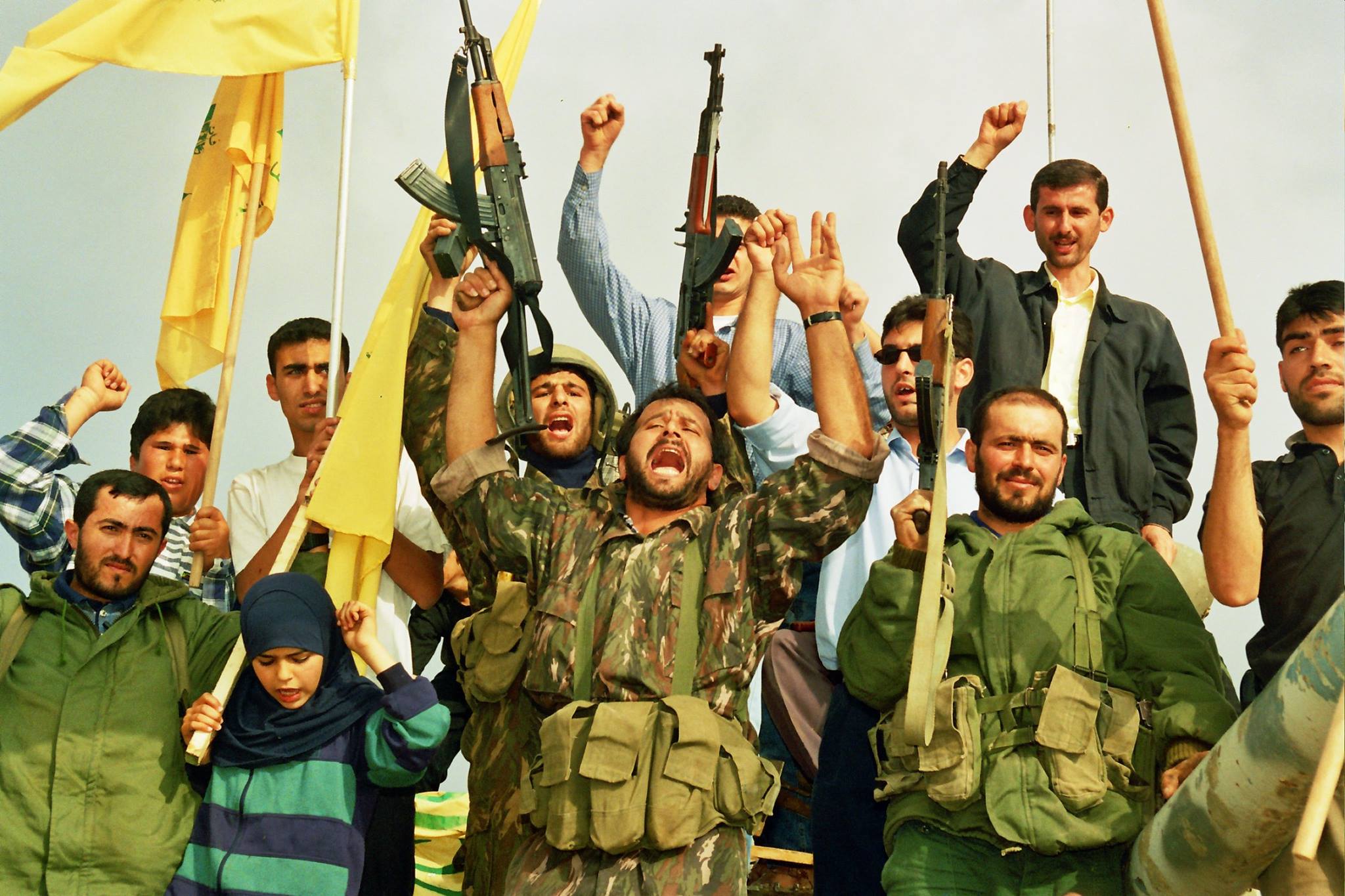The Resistance and Liberation Day on May 25, 2000, marks the end of Israel’s 22-year occupation of southern Lebanon. This pivotal moment in history symbolizes the emergence of a new nation, free from foreign control, and honors the sacrifices made for sovereignty and independence, inspiring national pride and unity among the Lebanese people.
Today marks 24 years since that very same day, when hope was restored to southern Lebanon. Amid the ongoing rivalry between Israel and Hezbollah in southern Lebanon, fear still prevails. The tensions have given this day an entirely new significance.
Lebanon’s persistent pursuit of liberation
“Lebanon continues to face daily aggression and violations from the Israeli enemy, (…) More than ever, this day reminds us that preserving the accomplishment of liberation necessitates national unity and working in the paramount interests of the homeland,” states the Lebanese Army Commander, General Joseph Aoun, on the occasion of the Liberation Day, as reported by the National News Agency.
Imad Salamey, Associate Professor of Political Science at Lebanese American University, underscores to Beirut Today that the pursuit of Lebanon’s liberation remains an ongoing struggle. He points out that the continued aggression against the people in Gaza and the violations of Lebanese sovereignty by Israel highlight the fact that the journey towards full liberation is far from over.
Makram Rabah, Assistant Professor in the Department of History at the American University of Beirut, concurs on this point.
“The Day of Liberation, at least symbolically, is a very important day for the Lebanese. However I think that this doesn’t mean that Lebanon is doing fine,” he shares with Beirut Today.
Despite Lebanon not currently being at war with Israel, Rabah believes that Hezbollah and Iran’s direct confrontation with Israel ensures the persistence of the conflict in southern Lebanon, regardless of Israel’s outcome with Hamas. He warns of potential escalation between Israel and Hezbollah once the Gaza war concludes.
Lebanon’s ‘indirect occupation’
The Israeli occupation of Lebanon began in 1978 and expanded in 1982. The last Israeli soldiers left Lebanon on May 24, 2000.
However, many Lebanese believe true liberation requires Israel to withdraw from several territories. These include the Shebaa Farms, occupied during the 1967 Arab-Israeli war, as well as the Kfar Shuba Heights and the northern part of the Ghajar village, according to L’Orient Le-Jour.
Although Israel has withdrawn from most Lebanese territories, historian Rabah asserts that a greater threat to Lebanon’s independence persists. He believes that the Israeli army’s departure paved the way for the dominance and indirect occupation by Hezbollah and Harakat Amal.
The Shia factions gained dominance in southern Lebanon after the war. It wasn’t until 2006, with the ceremonial entry of the Lebanese army into the southern part of the Litani, that the Lebanese government began to reassert its presence.
“I think that the Hezbollah and Amal occupation is even more destructive than the Israeli one because Israel are ultimately foreign occupiers, whereas Hezbollah claims to be defending Lebanon, when in fact it is only endorsing what Iran wants,” says Rabah.
He believes that while Amal claims to be part of the government, its actions, corruption, and attempts to justify Hezbollah’s activities are very detrimental to the people of the South.
“The people of the South are now paying the price because Hezbollah and Iran are using them as human shields,” he says.
A question of historical repetition
While the Israeli occupation may seem like a closed chapter, there’s still a looming risk of history repeating itself, states Professor of Political Science, Salamey. In the context of Lebanon, akin to the events of 1978, 1982, and 2006, the possibility of an Israeli attack remains a significant concern.
However, Salamey believes Israel recognizes the high cost of future incursions into Lebanese territories. While conditions that led to past conflicts may persist, dynamics have changed, and all parties carefully consider risks and deterrents in this complex situation, acting as a deterrent against the likelihood of a larger or full-scale invasion.
Historian Rabah offers a different perspective on Lebanon’s future. He suggests that as long as Iran and Hezbollah continue to exert influence over the Lebanese state, further tragedy will unfold for both the southern region and the nation as a whole.
While he refrains from labeling the tragedy as an Israeli land invasion, he anticipates a broader military campaign. Rabah observes that the current situation at the border is more than a simple exchange of fire, indicating Israel’s strategic targeting of Hezbollah points to a well-planned future strategy.
What can be done to prevent an expanded military campaign from happening?
“Nothing can be done at this stage. As long as Iran and Hezbollah keep on using Lebanon as a human shield, war is coming,” claims Rabah.
Rabah fears that this time, the brutality will escalate further. Hezbollah seems to place all its faith in the belief that regional and international dynamics will shield it during potential clashes with Israel. But by effectively isolating Lebanon from its Arab allies, Hezbollah and Iran have left the country exposed. This exposure increases the potential devastation of a conflict between Iran and Israel in the South, according to Rabah.
“It is sad that we have allowed Iran to put us in this position, so now we are hostages caught between Iran and Israel,” he says.
Professor of Political Science, Salamey, explains that maintaining a delicate balance is crucial to avoid Lebanon becoming a pawn in regional conflicts. The Liberation and Resistance Day highlights the importance of unity and strategic cooperation with neighbors while safeguarding Lebanon’s sovereignty and stability.
The day prompts reflection on past victories and ongoing challenges. It serves as a reminder that while achieving full liberation is complex, the Lebanese people remain committed to peaceful autonomy and resilience against external pressures, according to Salamey.


